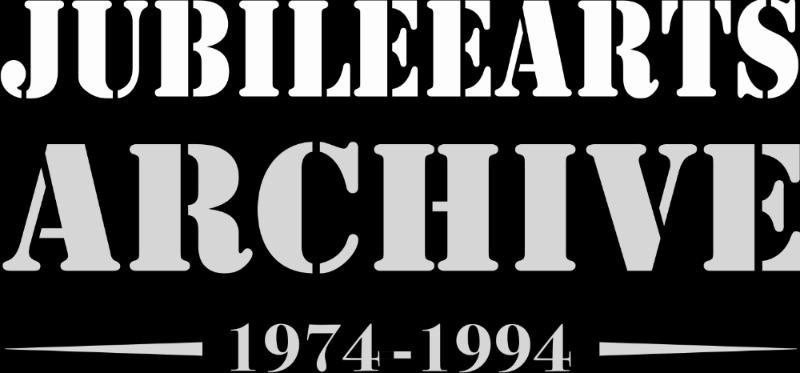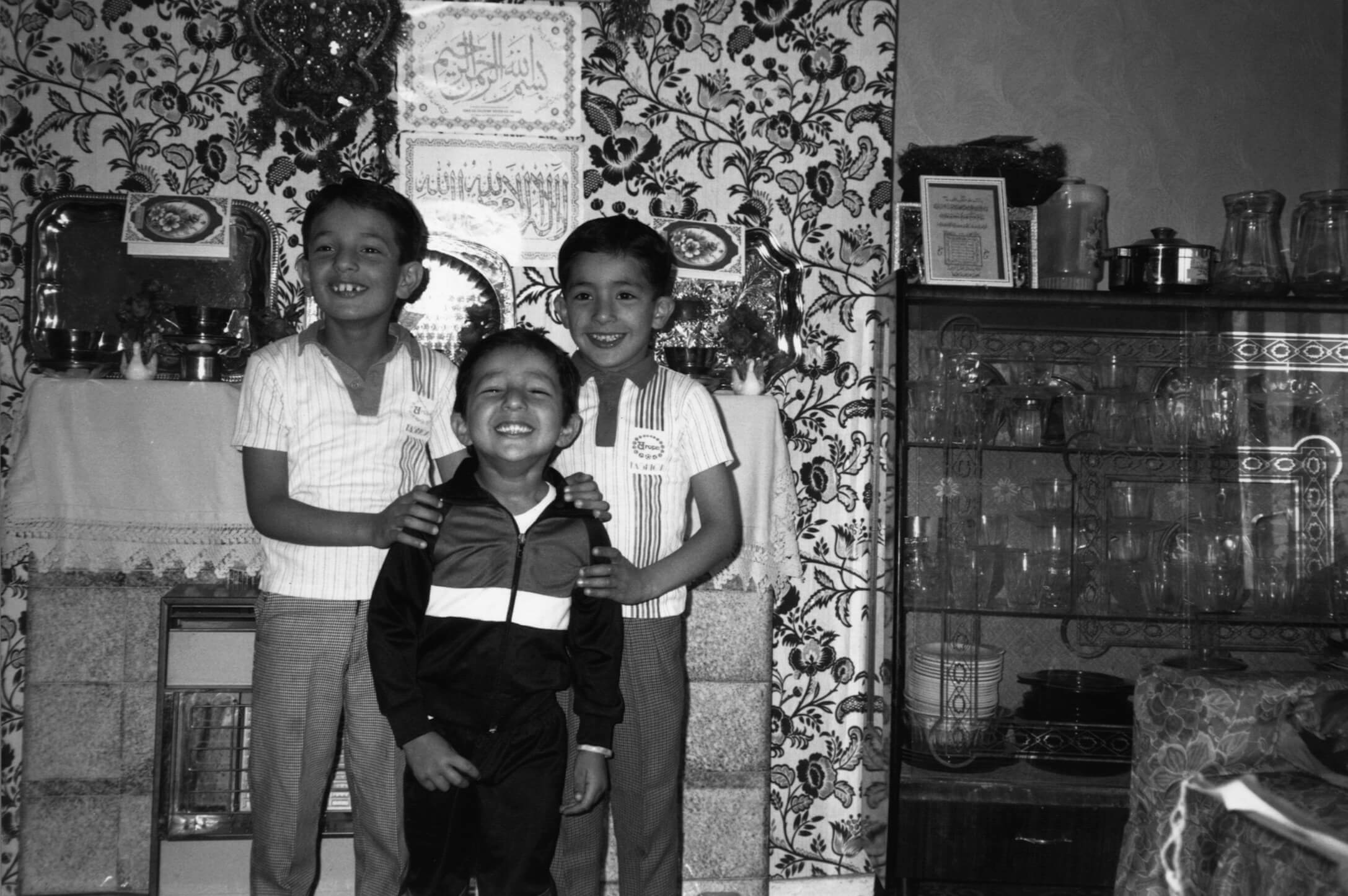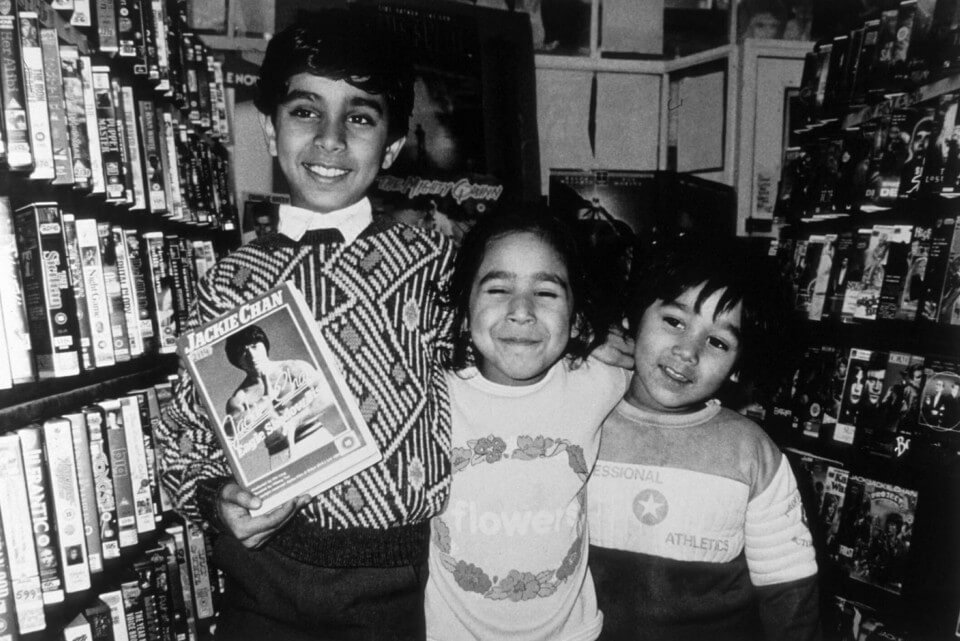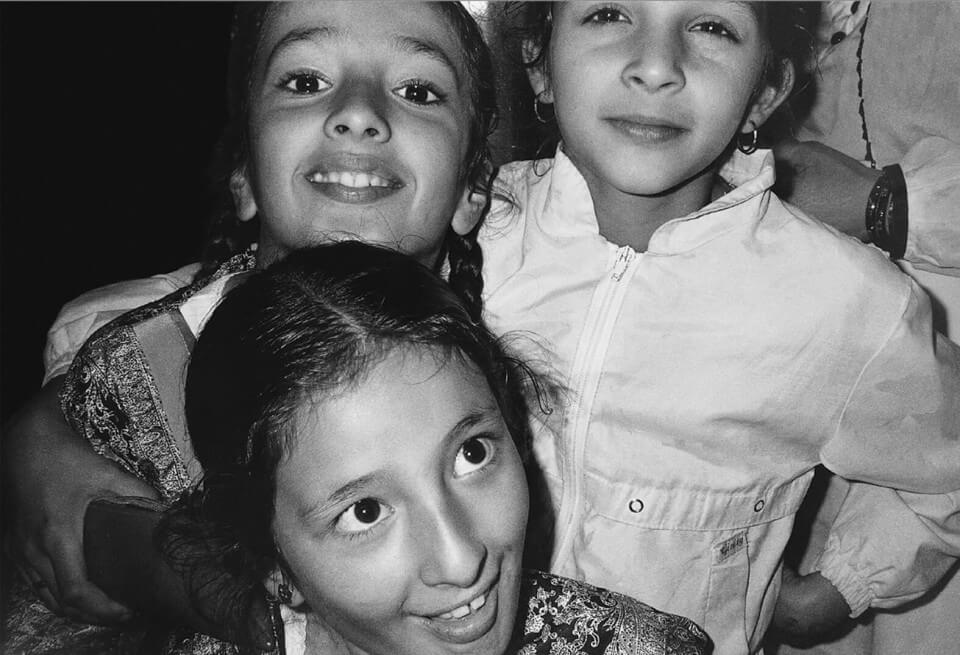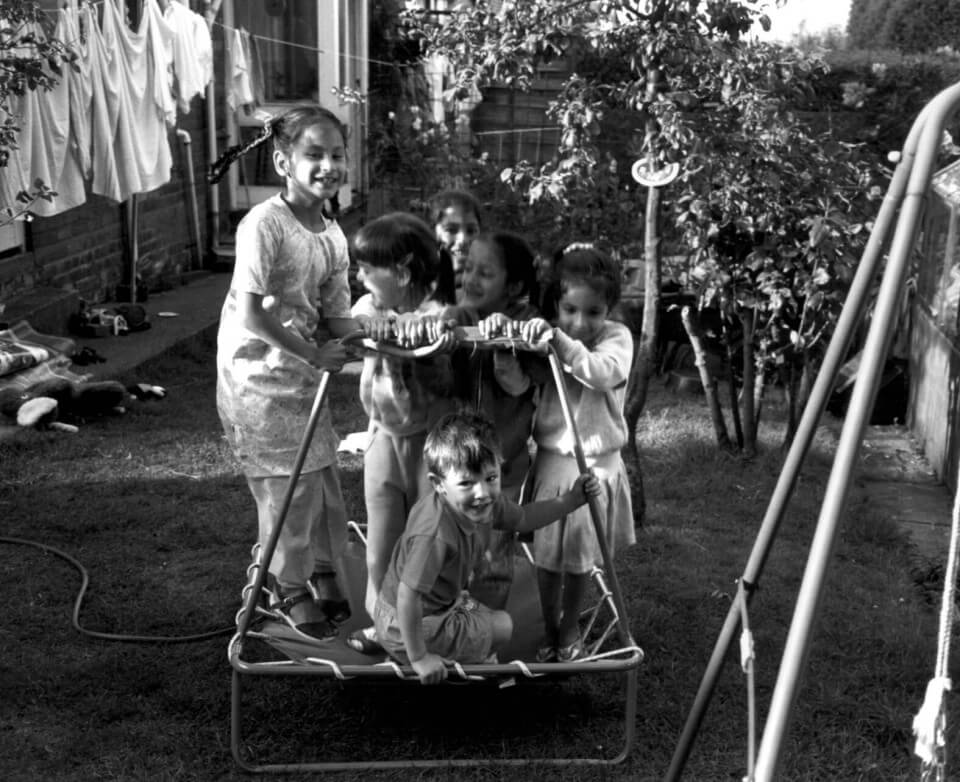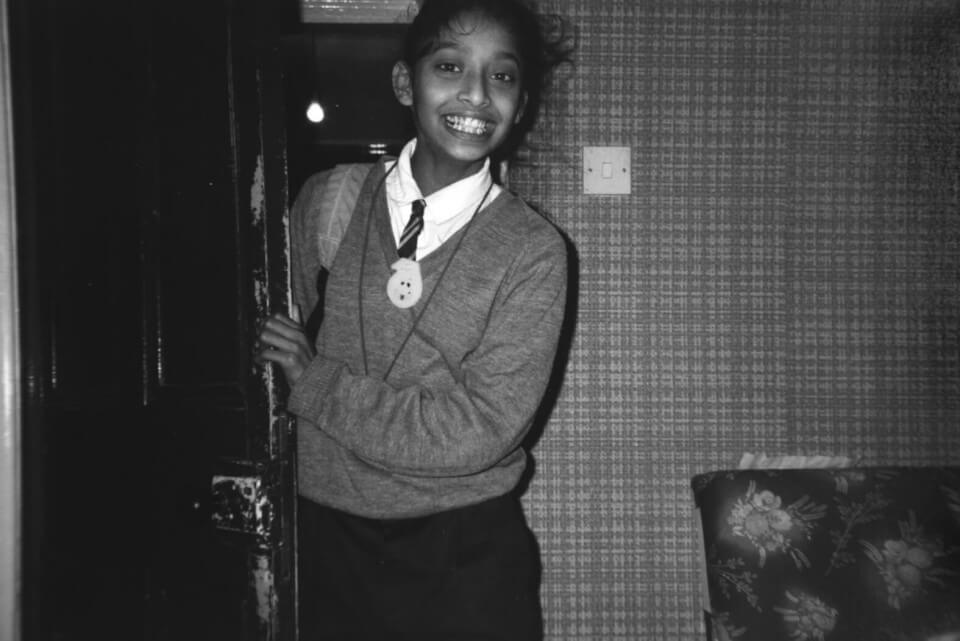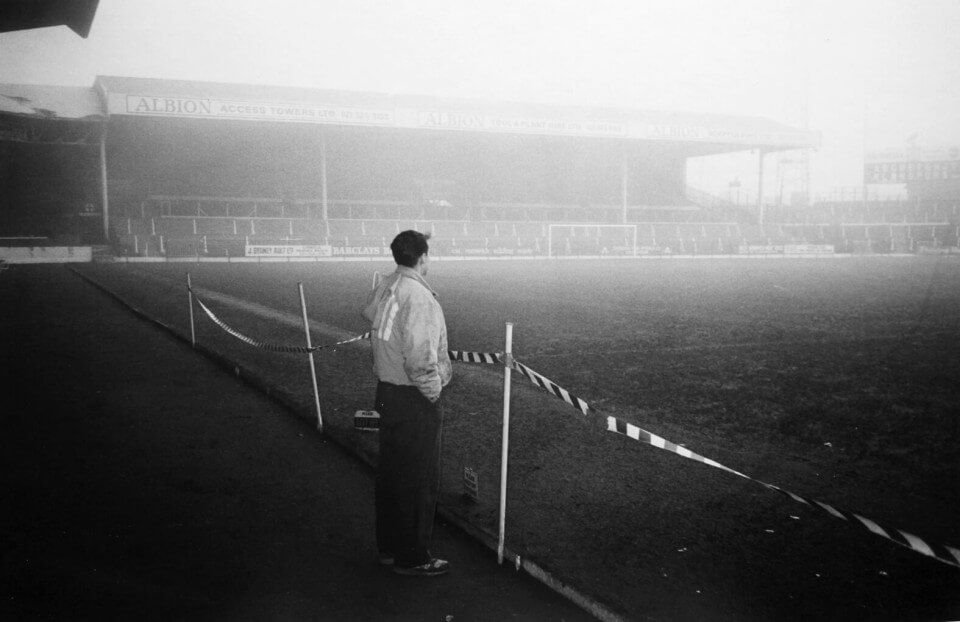This image was originally included in the exhibition ‘Sandwell in Black & White’ – which was at the time the UK’s largest photo show with 174 images. It has always proved popular with audiences and has been reproduced a number of times. The exhibition was part of an ongoing photographic series called ‘The People’s Portrait’, intended as a challenge to a long history stereotypical representations of local working class people in the Black Country. From the beginning, Jubilee had always handed out cameras, following the classic community arts dictum of self-representation and giving access to the means of production, emerging as they did from the counter-culture and social movements of the 1960s and 1970s. For this particular project, over a period of 12 months they invited local people to document their week, offering cameras and rolls of film. Participants then selected the key image/s they wished to be exhibited in the final show.
This project explicitly referenced the work of Wendy Ewald at the Mountain Photography Workshop at Appalshop in Kentucky, whom Jubilee members had visited in 1986 (and whose exhibition was shown in West Bromwich in 1988). It also had a precedent in Hackney, where in 1983 ‘One Day (Off) in Hackney’ was produced by the Rio Cinema, providing film and cameras to people and organisations to record everyday life in the borough, which was then turned into a film show.
The Khan family lived in West Bromwich and had attended some summer festivals organised by Jubilee in the gardens of the 17th century Oak House Museum. Initially, they asked Jubilee to take a family portrait of them, in front of the resplendent rose bushes there. They wanted to post this back to their family in Mirpur in Pakistan. There were two brothers who were twins, and there were also sets of twins amongst their children. They ran a corner shop over in Walsall. Subsequently, Jubilee asked them participate in ‘Sandwell in Black & White’. Most of the conversation was mediated by the younger girls, who were tri-lingual and thus acted as translators. They explained to their family members and the adults agreed. When the camera, with the project information, was delivered to their house only the kids were in at the time and they promised to give their camera to their Dad and Uncle when they came back from work.
When Jubilee went back to pick the camera up, one of the Mr Khans asked why they hadn’t dropped the camera off yet, as they had been eagerly waiting. Finally the children admitted they’d kept the camera and hadn’t given it to their parents, shooting off the rolls of films by themselves. He was very angry with them and offered to pay for the film they’d wasted. There were arguments, there were tears. However, when he saw how the photos turned out he soon changed his mind.
